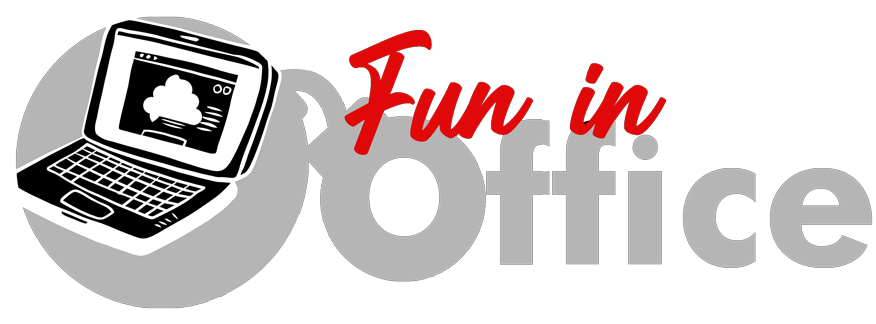
In today’s corporate world, email communication plays a crucial role in maintaining professional relationships. However, when writing emails to female colleagues, one must be cautious and avoid making certain mistakes that could be deemed offensive or inappropriate. This blog post highlights 15 common mistakes to avoid when writing emails to female colleagues.
Using gender-specific language:

Using gender-specific language like “Dear Sirs” or “Dear Gentlemen” when addressing a female colleague is not only outdated but also disrespectful. Instead, use gender-neutral language like “Dear colleagues” or “Dear team.”
Using pet names:
Using pet names like “honey” or “sweetheart” can be seen as condescending or unprofessional. Avoid using them and stick to formal language.

Commenting on appearance:

Making comments on a female colleague’s appearance, no matter how well-intentioned, can be inappropriate and offensive. Stick to discussing work-related matters only.
Making assumptions:
Assuming that a female colleague is in a particular role because of her gender can be offensive. Don’t make assumptions and treat all colleagues equally.

Ignoring accomplishments:

Ignoring a female colleague’s accomplishments or attributing them to someone else can be discouraging and disrespectful. Acknowledge and celebrate everyone’s contributions equally.
Using stereotypes:
Using stereotypes like “women are emotional” or “women are not good at math” is not only insulting but also untrue. Avoid using stereotypes and treat all colleagues based on their merits.

Using emojis:

Using emojis in a work email can be seen as unprofessional. Avoid using them, especially when communicating with a female colleague.
Being too informal:
Being too informal in a work email can be perceived as disrespectful or unprofessional. Stick to formal language and tone, especially when communicating with a female colleague.

Making inappropriate jokes:

Making inappropriate jokes or using offensive humor can be perceived as disrespectful and unprofessional. Avoid using humor that could offend anyone, regardless of their gender.
Assuming availability:
Assuming that a female colleague is available to work overtime or attend a meeting outside of work hours can be presumptuous. Respect everyone’s time and schedule.

Interrupting:

Interrupting a female colleague during a meeting or in an email conversation can be disrespectful. Give everyone an equal opportunity to speak and express their opinions.
Tone-deaf language:
Using language that is tone-deaf to gender-related issues can be insensitive and offensive. Be mindful of your language and avoid using phrases or words that could be perceived as derogatory.

Using emotive language:

Using emotive language in a work email can be perceived as unprofessional. Stick to factual language and avoid using overly emotional language.
Disrespecting boundaries:
Disrespecting a female colleague’s boundaries, such as touching her without permission, can be seen as harassment. Be mindful of everyone’s personal space and boundaries.

Treating everyone the same:

Treating everyone the same may seem like a good approach, but it can be counterproductive. Treat everyone based on their individual needs and circumstances, regardless of their gender.
In conclusion, it’s essential to be mindful and respectful when writing emails to female colleagues. Avoiding these 15 common mistakes can go a long way in building professional relationships and creating a positive work environment. Remember, treating everyone with respect and dignity is crucial in the workplace.
Last modified: March 31, 2023























